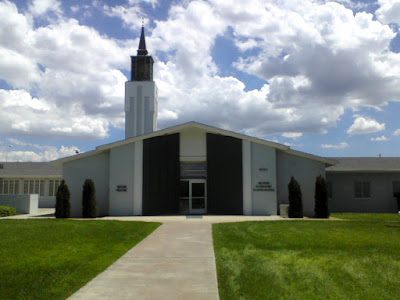“The body politic is formed by a voluntary association of individuals: it is a social compact, by which the whole people covenants with each citizen, and each citizen with the whole people, that all shall be governed by certain laws for the common good. It is the duty of the people, therefore, in framing a constitution of government, to provide for an equitable mode of making laws, as well as for an impartial interpretation, and a faithful execution of them; that every man may, at all times, find his security in them.”
– Preamble to the 1780 Constitution of Massachusetts, written principally by John Adams in 1779
With regards to the Constitution, I count my journey as beginning in elementary school
When I was a kid, I read an illustrated children’s book about the American Revolution (shown below). This was the beginning of a lifelong interest in the American Revolution. But, although I didn’t know it then, this would eventually lead me to read the American State Papers – such as the Declaration of Independence and the (federal) Constitution. It would eventually lead me to study them in greater depth – and, particularly, the various influences on the United States Constitution. This would eventually become one of the ruling passions of my life. I count the journey as beginning in elementary school. I also remember an elementary-school teacher instructing us about the concepts of both separation of powers and checks & balances. But it was in middle school that I took my first civics class, and had my first real encounter with the Constitution.
An illustrated children’s book about the American Revolution




















